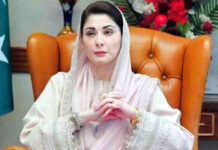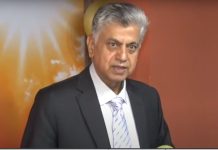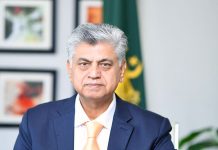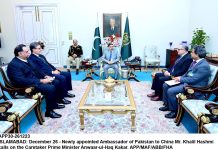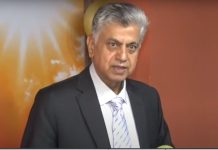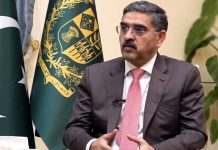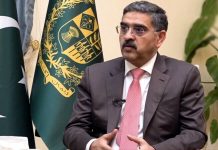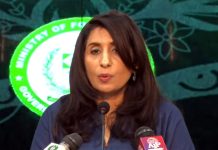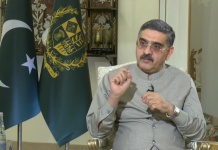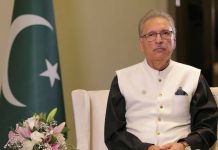
Qatar postponed the April 20-21 dialogue after the Afghan government stopped delegates from proceeding to Doha in protest over Qatari list of participants. Kabul had announced its own list of 250 participants, excluding former President Hamid Karzai, who was one of the prominent leaders behind interaction between the Taliban and the Afghan political leaders.
Earlier, Special Representative for Afghanistan Reconciliation Zalmay Khalilzad, who has embarked upon another trip to the region, also said he was “disappointed” at the delay of Qatar’s intra-Afghan initiative and said the US was in touch with all parties, and encouraged that everyone remained committed to the dialogue.
In Afghanistan, Chief Executive Dr Abdullah Abdullah came up with a different approach and said an opportunity for talks was lost, blaming “mismanagement” for the delay.
The Taliban criticised the Kabul administration for ruining the meeting that would have been different from the first similar dialogue in Moscow in early February, as the Taliban had agreed to a Qatari proposal to sit face-to-face with representatives of the Afghan government with a condition that all participants would speak in their personal capacity. The Afghan Taliban’s political spokesman Suhail Shaheen said the conference was cancelled because of the “hurdles created” by the Kabul administration.
He told Daily Times from Doha that the Kabul administration issued a long list of 250 people just days before the conference.
“They (Kabul) wanted all 250 people to participate in the conference. They did not take into account the other side of the Afghan society. And they also violated the principles of participation – the principle was that everyone will participate in the conference in his or her personal capacity. But they said they will represent the government, which was not agreed upon in the last conference held in Moscow,” Shaheen said. “It means they intentionally wanted to scuttle the conference in Qatar. We wanted to know the views of the Afghan people through their representatives’ participation in the conference, as to what kind of a solution they wanted and how to reach that solution. We wanted to have their views and their advice in this regard, and to know their vision about the future Afghanistan. These were the main things we wanted to discuss with the participants,” the Taliban spokesman said.
Daily Times has learnt that Uzbekistan also wants to organise an intra-Afghan meeting and shared the proposal with the Taliban political representatives.
“Yes, Uzbekistan has offered to host an intra-Afghan dialogue, but have not agreed to their proposal,” a Taliban source said.
The Taliban had held informal meetings with those Afghans who had reached Doha from the US, the UK and several other European countries, sources within the group said.
Senior Taliban leaders Sher Abbas Stanekzai, Amir Khan Mutaqi and Abdul Salam Hanafi spoke at the meeting and held the Kabul administration responsible for postponement of the conference. They defended the Afghan Taliban’s refusal of holding direct talks with Kabul and said the US had toppled the Taliban government in late 2001 – when the present Kabul administration did not exist – so they wanted a solution to the problem with the Americans.
Khalilzad’s new trip:
Khalilzad has started another visit to Afghanistan, India, Pakistan, Qatar, Russia, and the UK from April 21, which will continue until May 11, as part of the overall effort to “facilitate a political settlement that ends the conflict” in Afghanistan, the State Department said. “In Kabul, Special Representative Khalilzad will consult with the Afghan government and other Afghans to encourage all parties to work towards intra-Afghan dialogue and negotiations to determine a final peace settlement,” a statement said on Monday. In London, Moscow, Islamabad, and New Delhi, he would work to build international support for the Afghan peace process to help ensure that any peace settlement reached be sustainable, according to the State Department. In Doha, he would continue to press forward on negotiations with the Taliban to reach a consensus on core national security issues, and urge their participation in an inclusive intra-Afghan dialogue. He last visited several countries, including Pakistan, last month.

